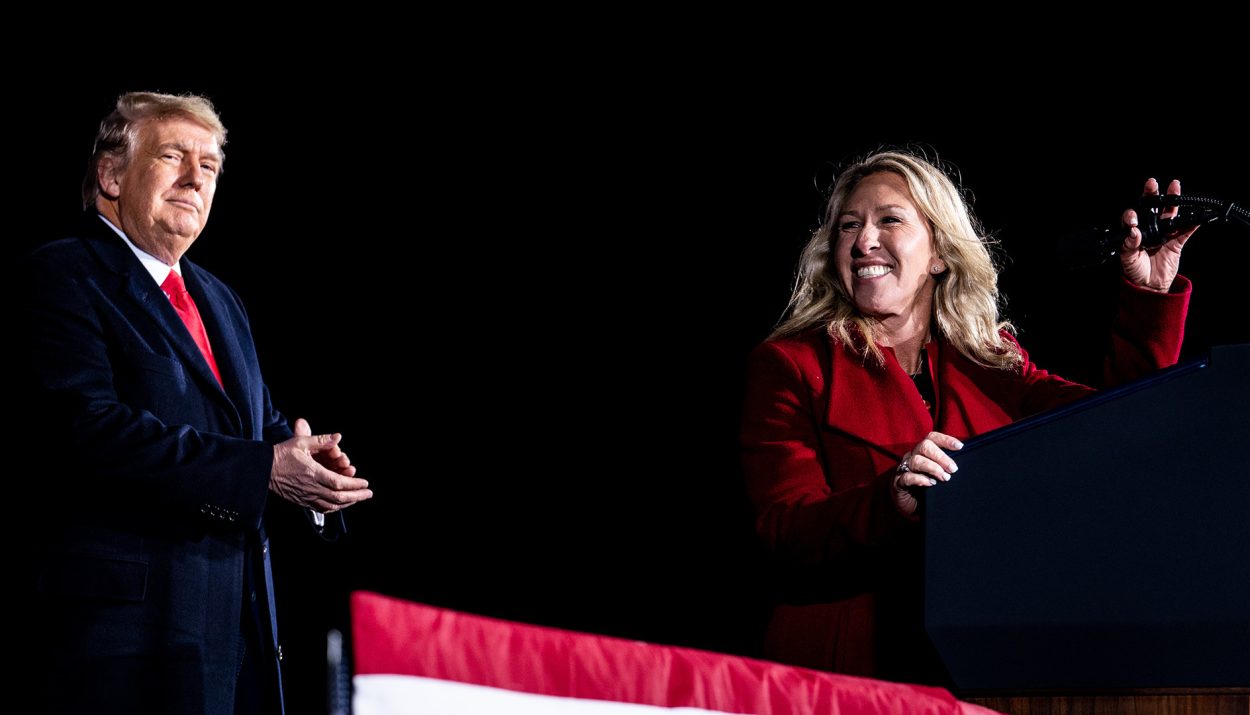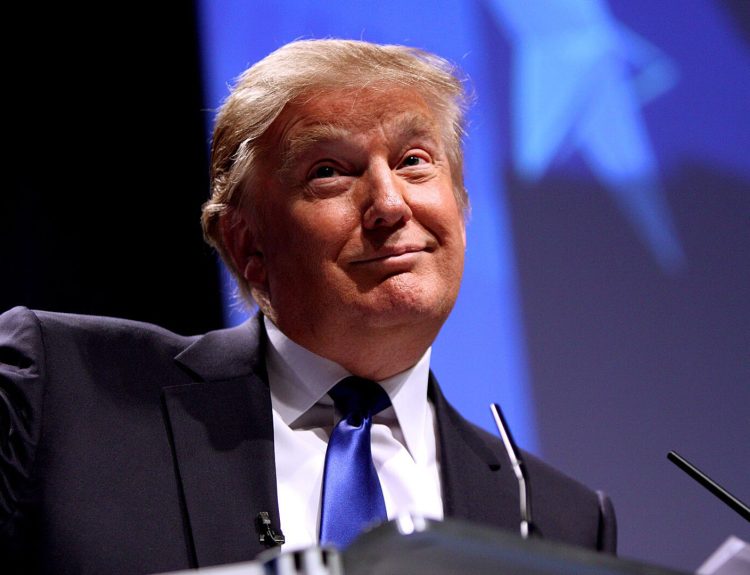The January 6 attack on the Capitol of the United States is a day that will linger in history for many years to come, and one that has seen rippling effects across both the legal and political systems in this country. Hundreds of individuals have been charged with crimes regarding their participation in the events of that day, and nobody appears to be safe from prosecution.
Trump Himself Facing Charges
This can be seen starkly in the fact that Donald Trump himself is facing charges for his alleged participation in January 6. While he has not been charged with the formal charge of insurrection, as many of his opponents have called for, the charges that the former president has been faced with are still serious.
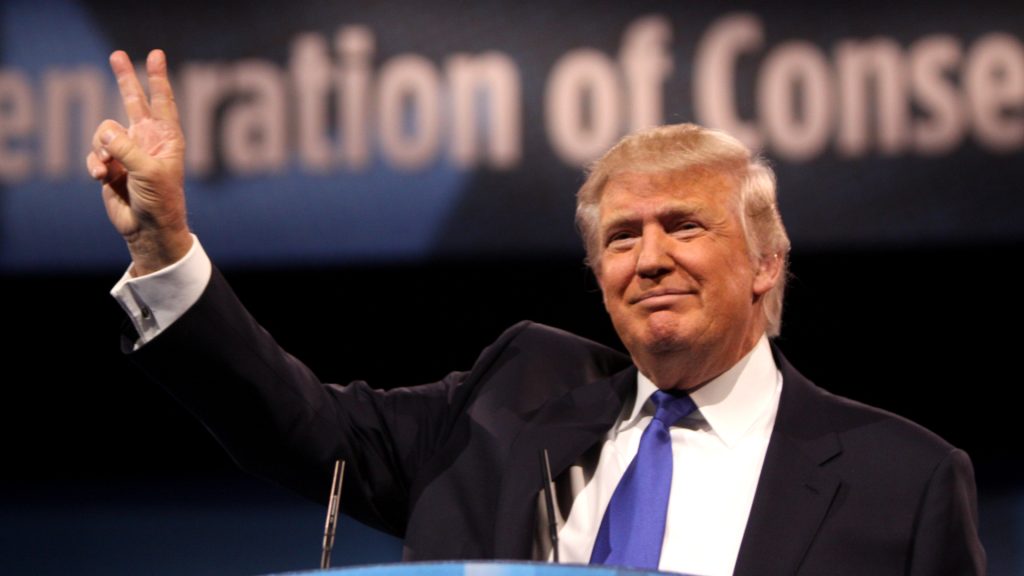
The fact that he hasn’t been formally charged with inciting an insurrection against the United States of America has become something of a sticking point between those who support Trump in his third bid for the White House, and those who don’t. Trump critics believe that his actions – and lack thereof – are what caused the events of that day, and that he should be treated accordingly.
Multiple Challenges Across States
This belief is what led to multiple challenges regarding Trump’s primary eligibility in different states across the country. Colorado was the first state to rule that Trump, due to his participation in inciting an insurrection against the United States, was ineligible to appear on the Republican primary ticket in the state.
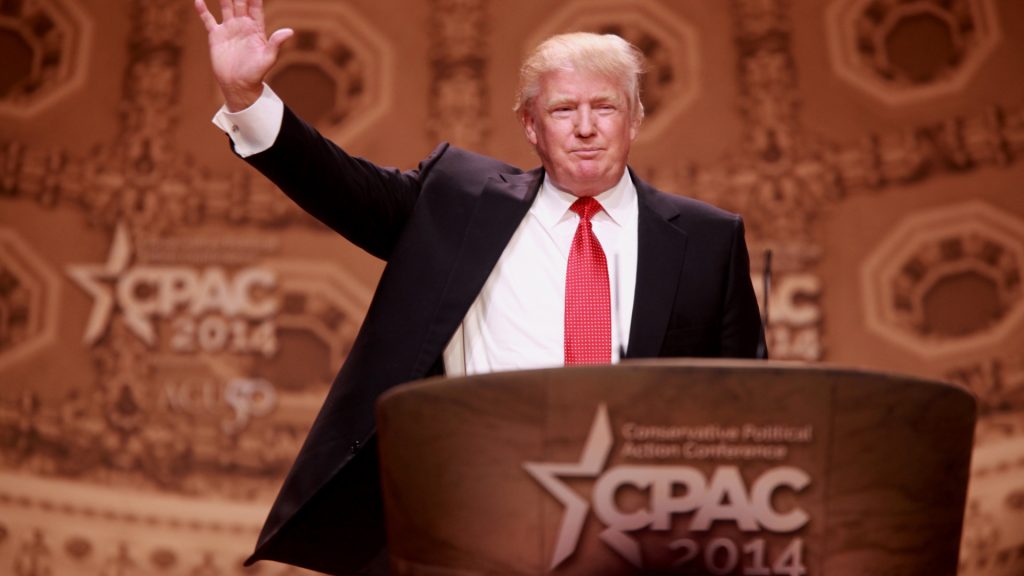
The Trump campaign and far-right conservatives immediately protested and filed lawsuits challenging the suit, which meant that the case was taken all the way up to the Colorado State Supreme Court. There, the Supreme Court ruled in favor of the lower court, disallowing Trump on the Republican primary ballot.
Other States Following Colorado
Of course, that was not the end of the story. Other states quickly followed Colorado’s example, with challenges against Trump’s eligibility being filed in other more liberal states such as Massachusetts. At the same time, the Trump campaign continued to file appeals regarding the Colorado ruling, and the case was taken up by the Supreme Court.
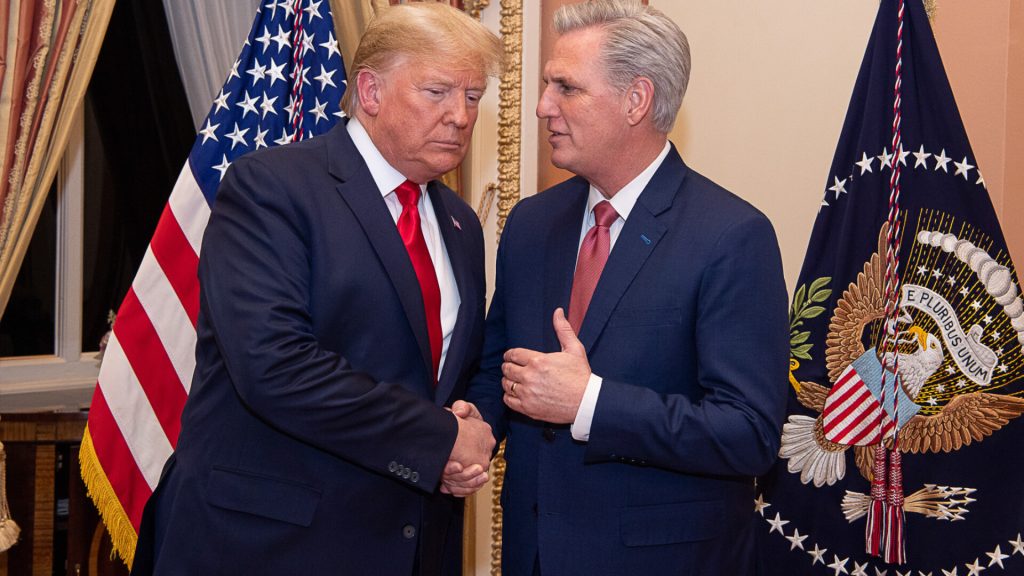
Many critics of Trump were leery of the Supreme Court taking up the case of his eligibility to appear on the ballot, given that the former president appointed three of the current nine justices on the court. However, the question that the Supreme Court answered was fairly narrow in scope.
The Supreme Court Ruling
Ultimately, the opinion released by the Supreme Court answered one question, though it did so through a fairly wide lens. The question was whether or not a state had the ability to disqualify a candidate for federal office on the state election ticket, given that states are granted the ability to run elections via the constitution.

The Supreme Court ruled that states did not have the ability or power to enforce Section 3 of the 14th Amendment of the Constitution, which is the article that states that insurrectionists cannot hold federal office. The court held that Congress would need to pass a law regarding an insurrectionist in order to enforce that clause, meaning that the Colorado ruling is officially null and void.
State Challenges Officially Dead
This ruling means that other state Supreme Court cases and challenges to Trump’s eligibility are now dead in the water, as well. Unless the current United States Congress goes out of their way to specifically disqualify him for the presidency under the provisions of the 14th Amendment, he can run for federal office as many times as he would like to.
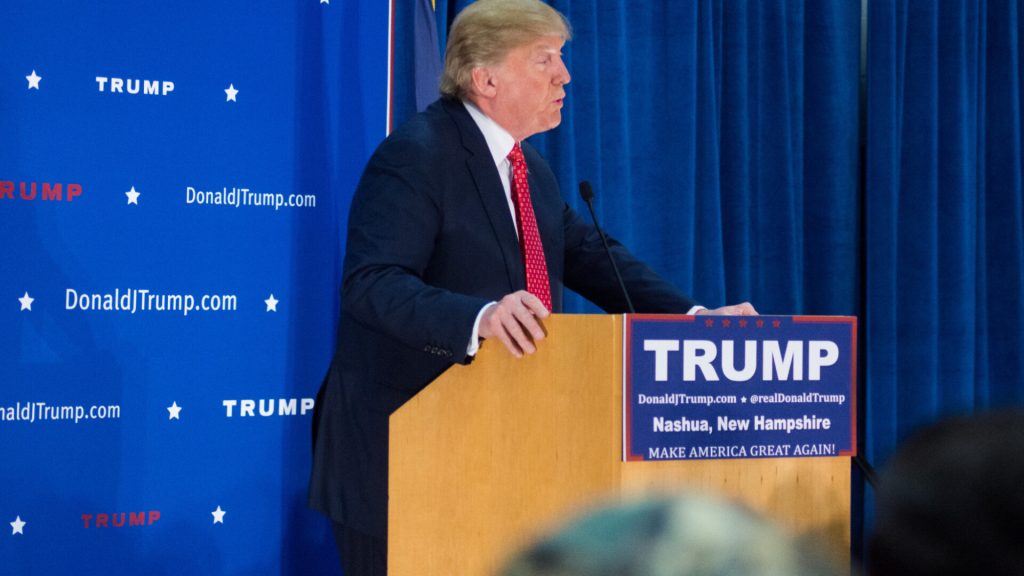
The Supreme Court ruling has wider implications than merely whether or not Trump can appear on the primary ballot in various states, though. Specifically, the Supreme Court ruled that states cannot disqualify a candidate for federal office based on the 14th Amendment, a ruling which applies beyond the mere office of president.
The Ruling Affects All Federal Offices
The scope of this ruling means that individuals such as Marjorie Taylor Greene have officially been saved from any future challenges to their eligibility for federal office. MTG is a Congresswoman from Georgia who has, among other things, been staunch in her support of Donald Trump and the Big Lie.
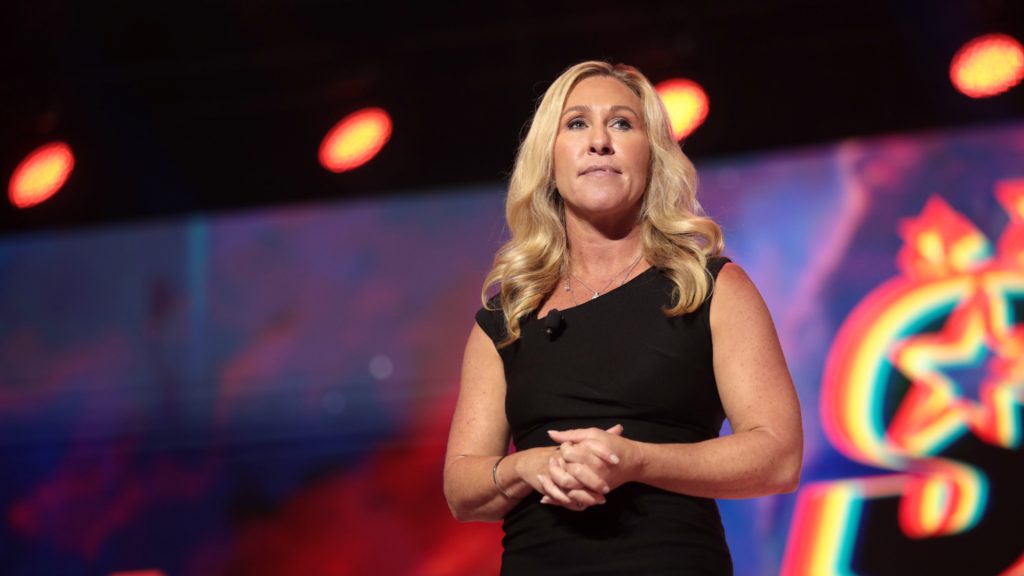
Her support of Trump and the events of January 6 have been so intense and far-ranging that in April of 2022, a Georgia judge ruled that a disqualification challenge could proceed against Greene.
Multiple Republican Challenges
MTG is not the only Republican who has faced challenges to their eligibility to serve in a federal office after the events of January 6. More than 130 Republicans have faced challenges in the months and years since the attack on the capitol, according to Newsweek.
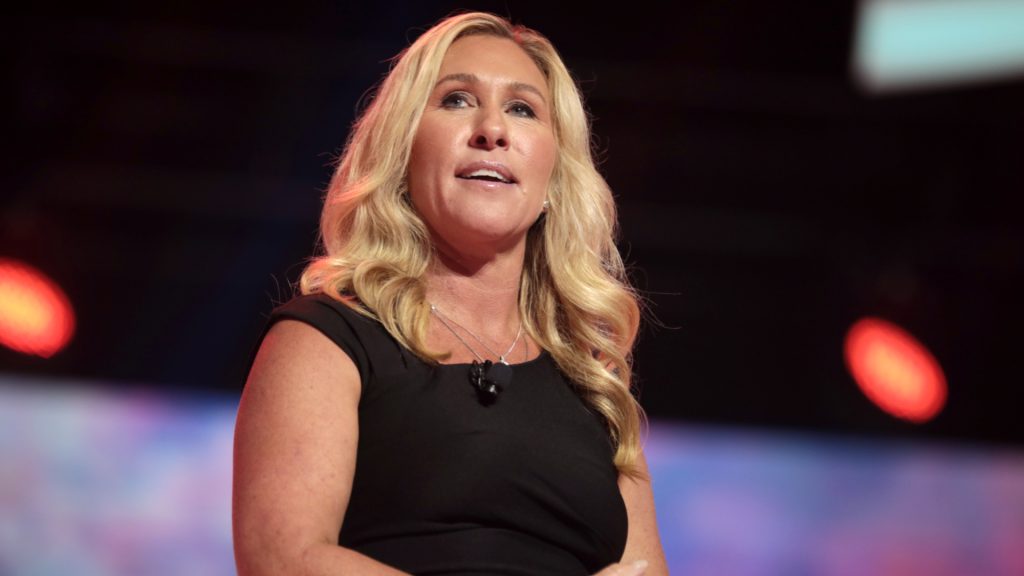
The Supreme Court ruling in favor of Donald Trump has, essentially halted all of those challenges at the state level. The Supreme Court stopped short of stating that states couldn’t determine which officers were able to run for state elections under the provisions of the 14th Amendment, but as far as federal office goes, it’s essentially a free-for-all going forward, unless Congress acts.
A Unanimous Supreme Court Vote
The Supreme Court decision was a unanimous vote, though only in the principle of what was being ruled on. As far as scope goes, three of the nine justices wrote concurring opinions that noted that, while they agreed that states couldn’t remove candidates from a federal election ballot, they disagreed with the scope of what was being answered.
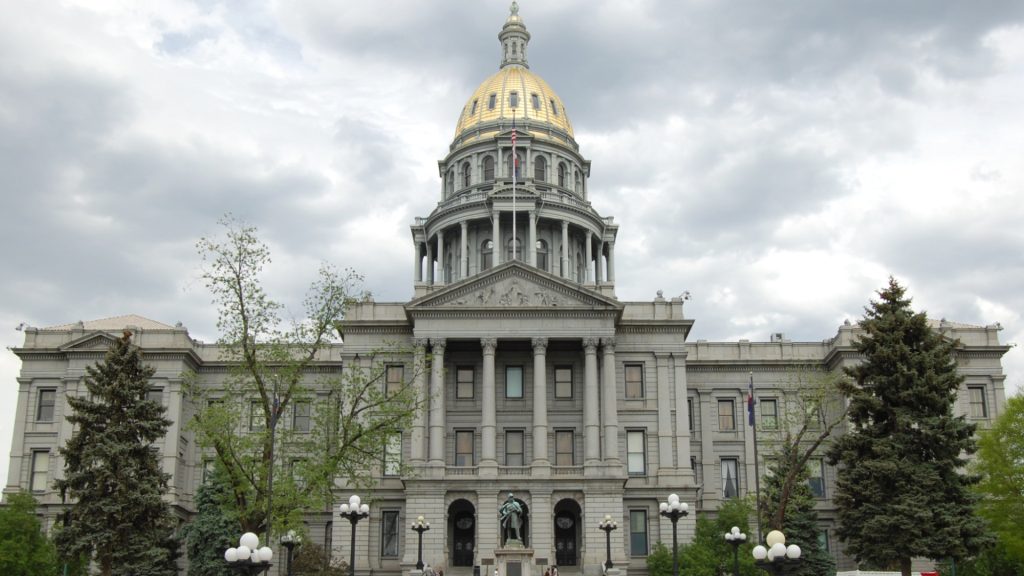
The justices agreed that allowing individual states to make determinations on who could appear on a state ballot would create an inconsistent patchwork of election laws and eligibility requirements that would cause utter chaos, but that Congress shouldn’t be the only method to determine federal eligibility. In this, they dissented, though they agreed with the principle of the ruling.
Constitutional Law Scholars Weighing In
Scholars of constitutional law have been quick to comment on the Supreme Court ruling, pointing out how it could be concerning for the United States going forward. NYU professor Peter Shane pointed out that this lets many potentially criminal acts “off the hook.”
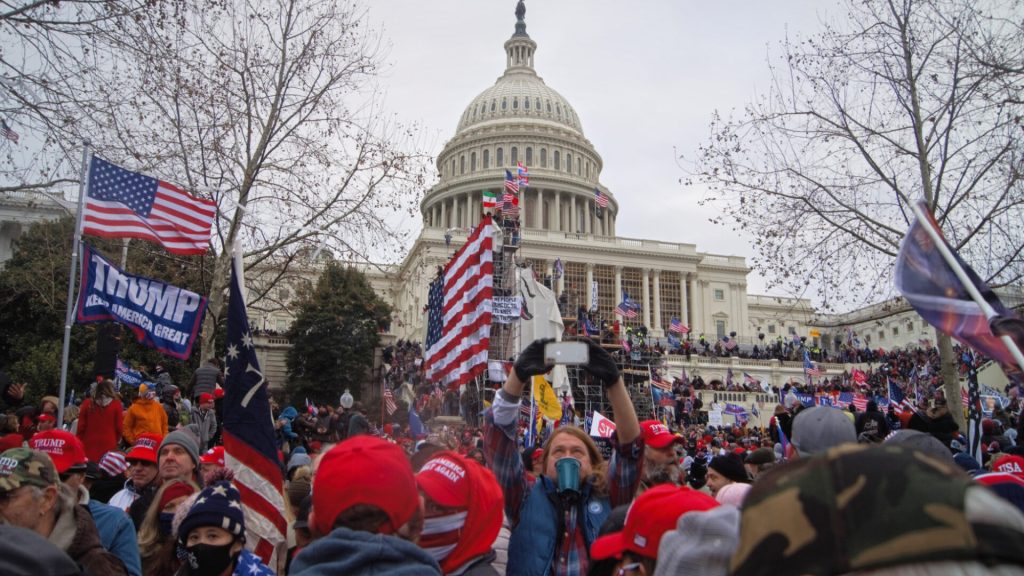
“By deciding that states may not disqualify oath-breaking insurrectionists from running from any federal office, not just the presidency, the majority has let off the hook any members of the last Congress who might yet be implicated in the January 6-related prosecutions,” he said in an interview.
Incumbents Can Run – Regardless of Criminal Acts
This loophole, Shane finished, would allow incumbent representatives to continue running for federal office, regardless of what criminal acts they might be found liable of over the course of ongoing investigations.
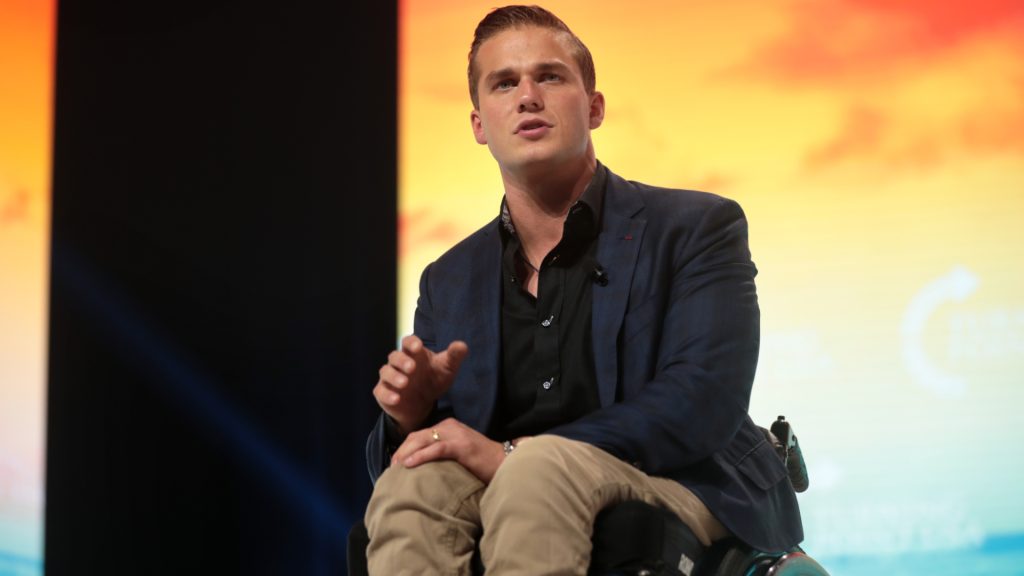
This new ruling would have, for example, prevented the challenge to Madison Cawthorne’s eligibility ahead of his reelection campaign. While the challenge to Cawthorne’s eligibility was ultimately dismissed and he went on to lose his reelection bid, disallowing states from ruling on individuals who represent them on the federal level could have concerning implications.
In the Wake of a Georgia Lawsuit
This ruling, and relief for MTG, comes in the wake of a lawsuit that Greene filed in the state of Georgia, asking a judge to declare that a law that voters were using to challenge her eligibility was, in itself, unconstitutional.

The judge ruled on the lawsuit in a 73-page opinion, denying the request outright. Amy Totenberg, an Obama appointee, stated that MTG had failed to meet the “burden of persuasion” in her lawsuit, meaning that the challenge from the Georgia voters could move forward. The new Supreme Court ruling provides the relief that MTG was seeking, though, leaving many voters uncertain as to where things go from here.
Ongoing Investigations
Challenges to Donald Trump and other far-right Republicans for their participation in January 6 will continue coming as the investigations into the events of that day continue. The Supreme Court ruling in favor of eligibility on the ballot is not a commentary on guilt regarding participation in the events, and only a judge and the criminal court circuit can rule on that particular matter.
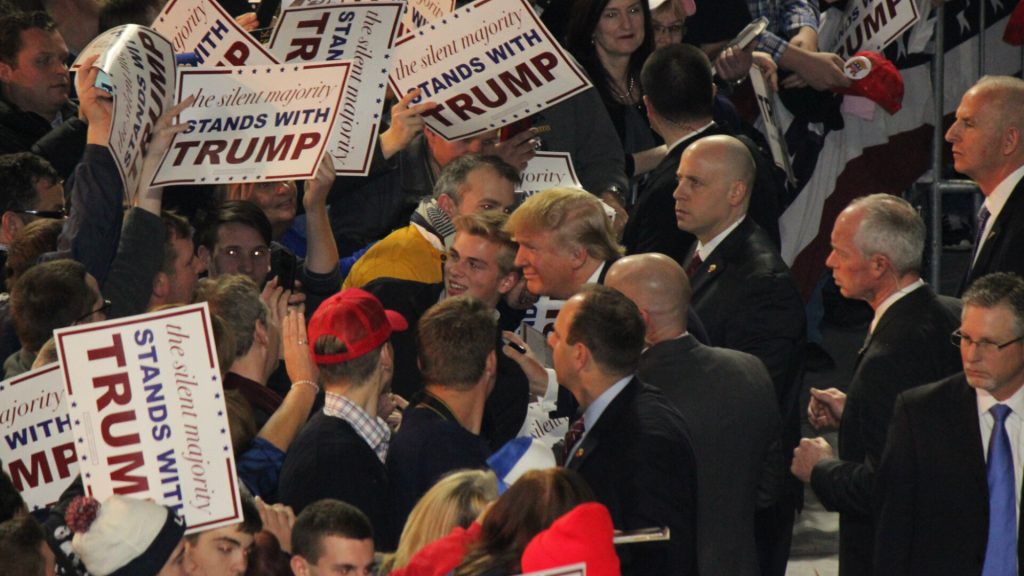
Regardless, this ruling is a win for MTG and Trump, and all other Trump loyalists who have been seeking reelection this year. Whether they will manage to win or keep their seats remains to be seen, but the voters will ultimately have final say, with Trump on the ballot this November.

